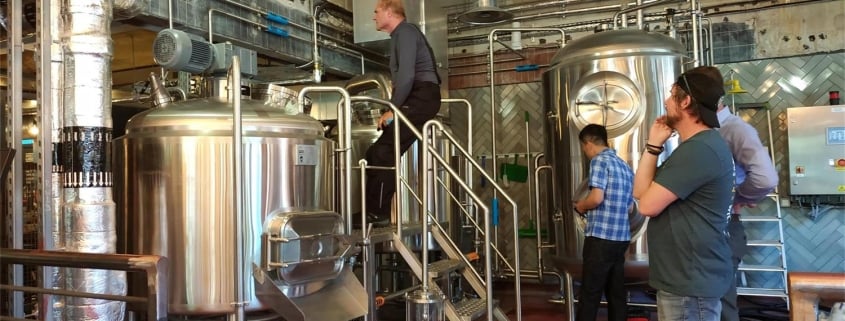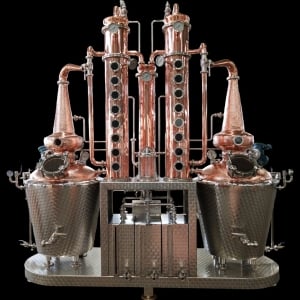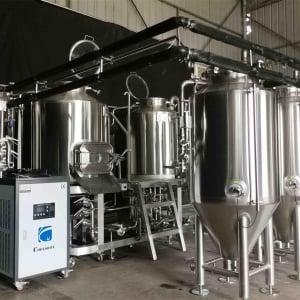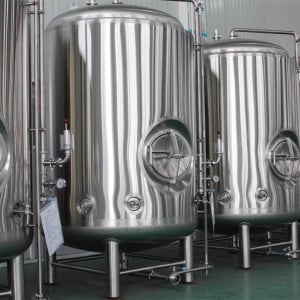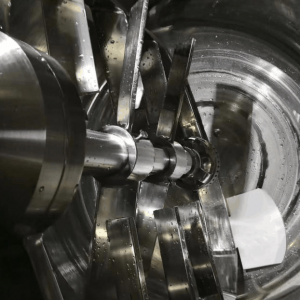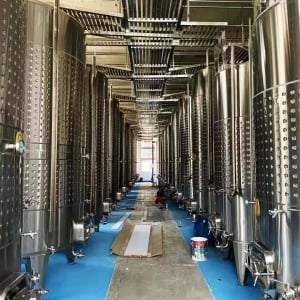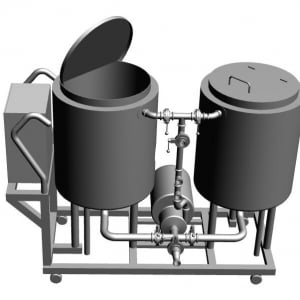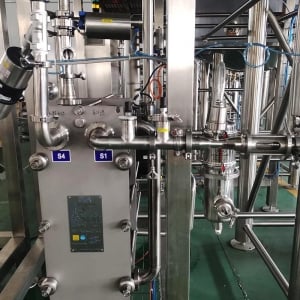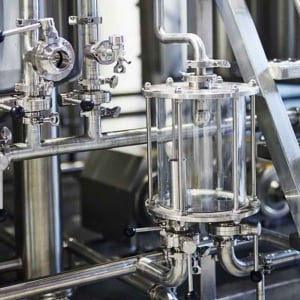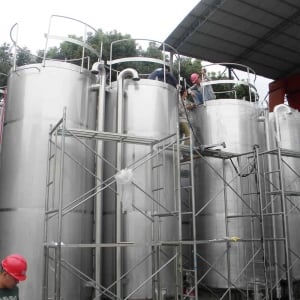Legal Requirements for Setting Up a Brewery
Starting a brewery is an exciting journey, blending creativity with business acumen. However, before the first batch of beer ferments, navigating the legal landscape is crucial. Whether you’re brewing in your garage or launching a large-scale craft brewery, understanding the legal requirements is essential. This guide will walk you through everything you need to know, from licenses and permits to equipment and compliance, ensuring your brewery runs smoothly and legally.
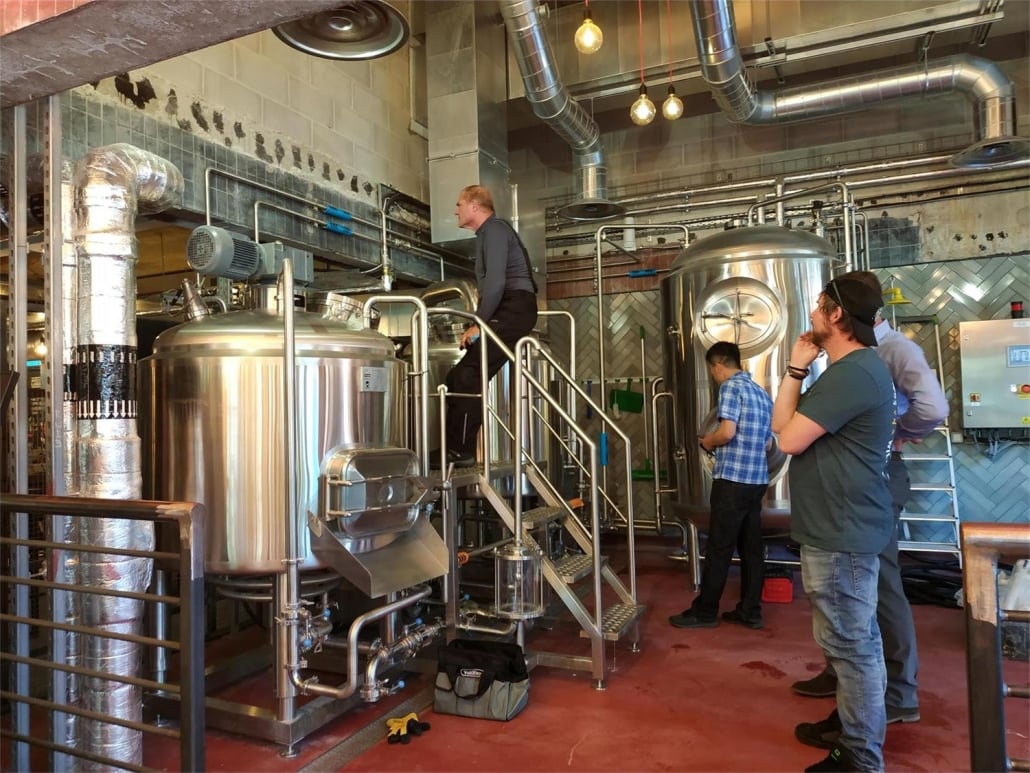
Overview of Legal Requirements for Setting Up a Brewery
Launching a brewery is about more than just brewing great beer; it’s about creating a legally compliant business. Legal requirements vary based on location, but they typically include:
- Securing the necessary licenses and permits.
- Adhering to health and safety standards.
- Complying with zoning regulations.
- Understanding tax obligations.
- Navigating alcohol distribution laws.
Meeting these requirements not only ensures compliance but also protects your business from fines or shutdowns.
Licensing and Permits for Breweries
Every brewery must acquire specific licenses and permits before brewing and selling beer. Here’s a detailed breakdown:
Federal Brewer’s Notice
At the federal level, breweries must file for a Brewer’s Notice with the Alcohol and Tobacco Tax and Trade Bureau (TTB). This license is non-negotiable and ensures your brewery operates under federal regulations.
- Application Process: Prepare to provide details about your business structure, ownership, and brewing location.
- Timeline: Approval can take 90–120 days, so apply early.
- Cost: The application itself is free, but you may incur legal or consulting fees.
State and Local Licenses
Beyond federal approval, state and local governments have their own licensing requirements. These may include:
- Alcohol Manufacturer’s License: Allows the production of alcohol.
- Retail License: Permits selling beer directly to customers on-site.
- Distributor’s License: Required if you plan to distribute beer to other vendors.
Zoning and Land Use Permits
Breweries must comply with local zoning laws. Check with your city’s planning department to ensure your location is approved for brewing. Consider:
- Noise restrictions.
- Waste disposal requirements.
- Parking and building occupancy codes.
Environmental Permits
Breweries generate wastewater and emissions. You may need permits from environmental agencies to ensure your operations meet sustainability and pollution control standards.
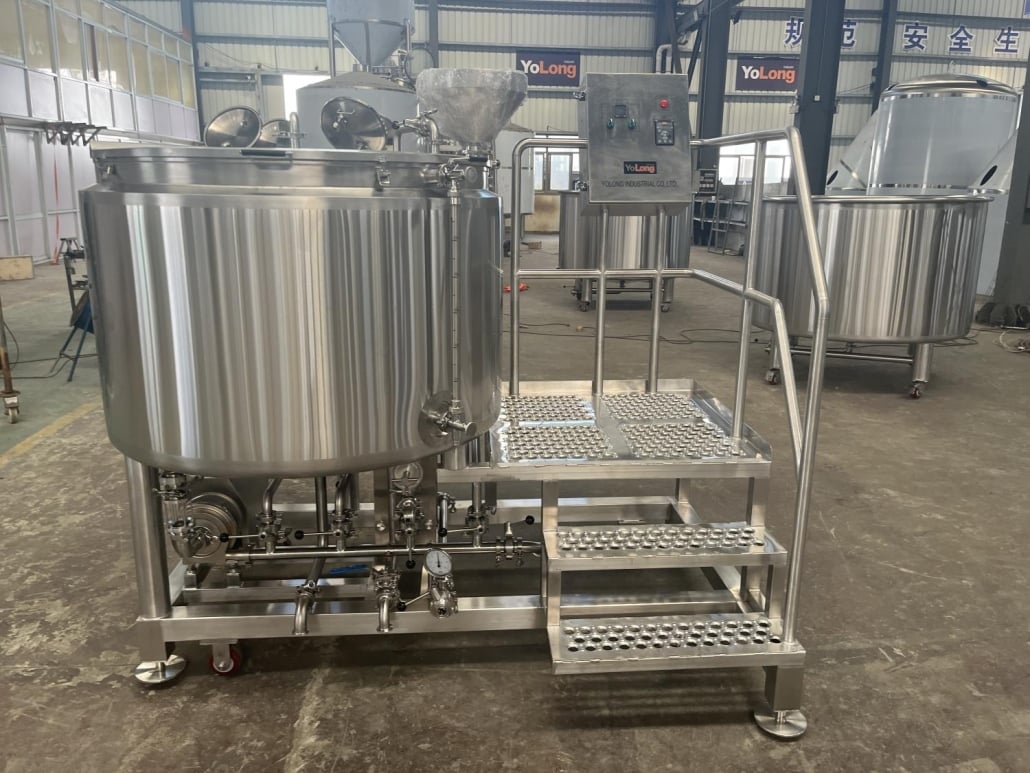
Equipment Guide for Brewery Setup
Choosing the right equipment is crucial for a functional and compliant brewery. From kettles to fermenters, the right tools streamline your brewing process while adhering to regulations.
Brewing Equipment Overview
| Equipment Type | Function | Key Considerations |
|---|---|---|
| Brewing Kettle | Boils wort and extracts flavors from malt and hops. | Size, material (stainless steel preferred). |
| Mash Tun | Converts starches in malt to sugars. | Insulation and ease of cleaning. |
| Fermentation Tanks | Allows yeast to ferment the wort into beer. | Capacity and cooling systems. |
| Filtration Systems | Removes sediment and clarifies beer. | Type of filtration (plate, centrifuge). |
| Packaging Equipment | Bottles, cans, or kegs beer for distribution. | Speed, versatility, and automation. |
Capacity, Space, and Customization
| Parameter | Details |
|---|---|
| Capacity | Match your production goals (small-scale: 3-10 barrels, large: 30+ barrels). |
| Space Requirements | Allocate space for brewing, storage, and customer areas (if applicable). |
| Design and Layout | Optimize for workflow efficiency and safety compliance. |
| Customization Options | Tailor equipment for unique brewing styles or energy efficiency. |
The Brewing Process: Legal and Operational Insights
Brewing beer involves several stages, each with specific legal and operational requirements.
Step-by-Step Brewing Process
- Mashing: Convert malt starches to sugars. Ensure water meets quality standards.
- Boiling: Sterilize the wort and extract flavors. Adhere to energy consumption guidelines.
- Fermentation: Allow yeast to convert sugars to alcohol. Maintain temperature controls.
- Packaging: Follow labeling laws and safety regulations for bottling or kegging.
Legal Considerations in Brewing
Each stage must adhere to laws governing food safety, labeling, and alcohol production. Keep detailed records for inspections.
Choosing Suppliers for Brewery Equipment
Finding reliable suppliers is critical to ensuring quality and compliance.
Supplier Selection Guide
| Criterion | Details |
|---|---|
| Reputation | Check reviews and testimonials. |
| Price Range | Compare costs, balancing affordability with quality. |
| Customization | Ability to tailor equipment to your specific brewing needs. |
| Support Services | Installation, training, and maintenance support. |
| Certifications | Ensure compliance with local and international standards. |
Supplier Comparisons
| Supplier Name | Price Range | Support Offered | Reputation |
|---|---|---|---|
| Supplier A | $10,000–$50,000 | Installation, maintenance | High |
| Supplier B | $20,000–$70,000 | Custom designs, training | Medium |
| Supplier C | $15,000–$60,000 | Basic support | High |
Operational and Maintenance Insights
Ensuring smooth operations requires attention to installation, training, and regular maintenance.
| Aspect | Details |
|---|---|
| Installation | Hire experts to install brewing equipment safely and efficiently. |
| Training | Provide staff with training on equipment use and safety protocols. |
| Maintenance | Schedule regular inspections to avoid breakdowns and ensure compliance. |
Costs of Setting Up a Brewery
Setting up a brewery involves various costs, from equipment to licensing.
Breakdown of Costs
| Expense Category | Estimated Cost |
|---|---|
| Licensing and Permits | $5,000–$15,000 |
| Equipment | $50,000–$500,000 (depending on scale). |
| Renovations | $10,000–$100,000 |
| Operating Costs | $10,000–$30,000/month |
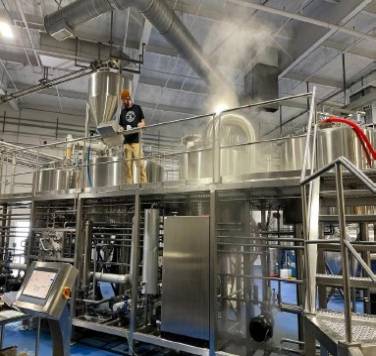
Advantages and Limitations of Brewery Operations
Understanding the pros and cons can help you make informed decisions.
| Aspect | Advantages | Limitations |
|---|---|---|
| Crafting Unique Beer | Freedom to experiment with recipes. | Higher costs for specialty ingredients. |
| Community Engagement | Builds local customer loyalty. | Requires strong marketing efforts. |
| Profit Potential | High margins on direct-to-consumer sales. | Initial investment can be substantial. |
| Regulatory Compliance | Ensures smooth operations. | Time-consuming and complex processes. |
FAQs
| Question | Answer |
|---|---|
| What licenses do I need to start a brewery? | A federal Brewer’s Notice, state alcohol licenses, and local permits are essential. |
| How long does it take to get licensed? | Federal approval takes 3–4 months; state and local permits vary by jurisdiction. |
| How much does it cost to start a brewery? | Costs range from $250,000 for a small brewery to $1 million or more for larger ones. |
| Can I brew beer at home and sell it? | No, commercial brewing requires licenses and compliance with alcohol regulations. |
| Do I need a lawyer to set up a brewery? | While not mandatory, legal counsel can help navigate complex regulations. |
Final Thoughts
Setting up a brewery is no small feat, but with careful planning and attention to legal requirements, it can be an incredibly rewarding venture. From securing licenses to selecting equipment, every decision plays a crucial role in your brewery’s success. So, dream big, brew responsibly, and toast to a thriving business!

